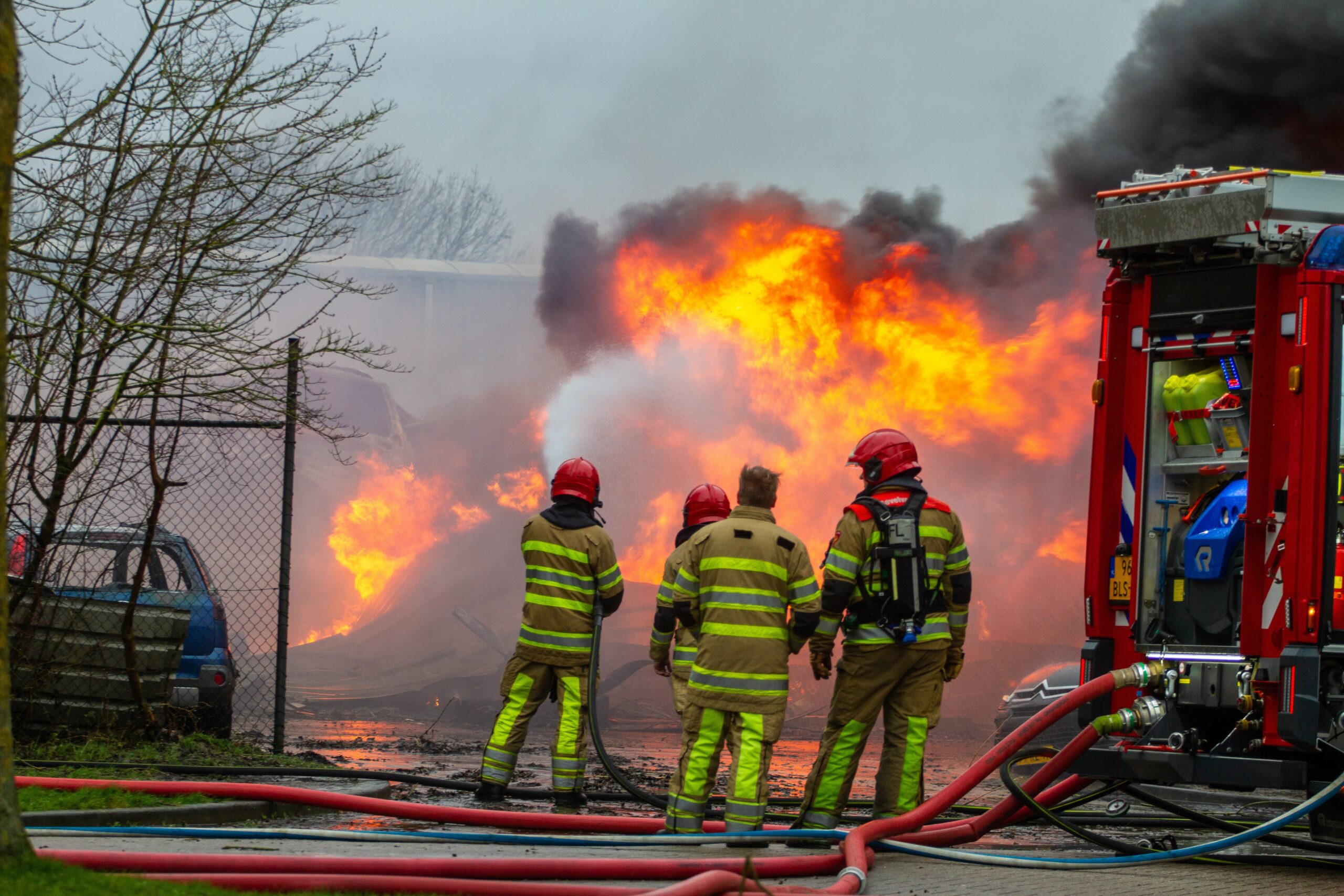The strategic importance of Nigeria as the nerve of business in West Africa with a very diverse and dense population makes the mandate of all stakeholders involved in her macro-economic development commanding and important. The vision to become the hub in West Africa means we must aim at standardization and compliance in operational risk management in Life, Fire Safety, and Security. The critical role of assurance that the BCP both in private enterprise and public sector is adequately underwritten based on tested benchmarks, standards, and best practices is key to sustainability.
We look forward to a great conference under the stewardship of Chief Mrs. Nike Akande, CON President of The Lagos State Chamber of Commerce in collaboration with our partners, ALLIANZ, LSSC, LCCI, RIMAN, RIMSON, AERMP, The Guardian News Paper amongst others in ensuring capacity development in this critical area.
At NFPAWA we have identified gaps in skill and knowledge in Life, Fire Safety, and Security risk management and mitigation as a CRITICAL CHALLENGE to development and sustainability in the African Region. This weakness results in massive loss of life, environmental damage, economic hardship, and financial losses. The effect of poor understanding and absence of set performance benchmarks for evaluating, assessing, and investigating niche-specific operational risks is now more glaring especially in today’s economy as Nigeria seeks a Leadership Position in the African Region. Furthermore, the absence of mitigative controls to reduce escalation via planned and organized emergency preparedness planning, response, control, and abatement by qualified and trained personnel has aggravated the issues. This has not been good for our people and nation. It has had tremendously negative effects on the government’s strategic alliance with other nations seeking sustainable growth through partnership, investor confidence, and an extensively disgruntled populace.
Also Read: Article on Counterfeit Gas Fire Suppression System in the Market
Bridging the knowledge and skill gaps through training in Corporate Governance, Capacity Building, Consultancy, Standardization, Advocacy, and proffering of targeted solutions all geared towards public and private sector initiatives on Life, Fire & Safety Risk Management is a strategic decision particularly important for Compliance, Regulation, and Continuity.
The primary advocacy initiative, the Annual Life and Fire Conference carries a three-pronged agenda which includes, standardization, awareness, and capacity building. The May 2017 program holding at the Oriental Hotel, Lagos is an opportunity for professionals and operators to develop the required human capacity to efficiently support and drive their corporate objectives. To this end, they have themed this SUSTAINABLE MACROECONOMIC DEVELOPMENT: THE SAFETY PERSPECTIVE.
Your participation ensures the development of the required expertise to bring the ERM sector in Nigeria and the West African region closer to global standards, thereby scaling up development and enhancing sustainability in your sector. This will also confer strategic benefits through enhanced Risk Governance culture, ERM through planning and application, business continuity, consumer confidence, significant premium reduction and minimize the potential for litigation. All benefits will be driven through knowledge and skill acquisition of standardized best practices providing a better basis for risk analysis and mitigation.
We look forward to seeing you and your planning, design/concept team, compliance, audit, policy, implementation teams, and EMERGENCY RESPONDERS For more detail on our activities, please kindly visit at www.nfpawa.com or contact us at 08037267341, 09083411267 and 08181749874 or via email at info@nfpawa.com.
Also Read: Risk Assessment Guide for Loss and Financial Planning






